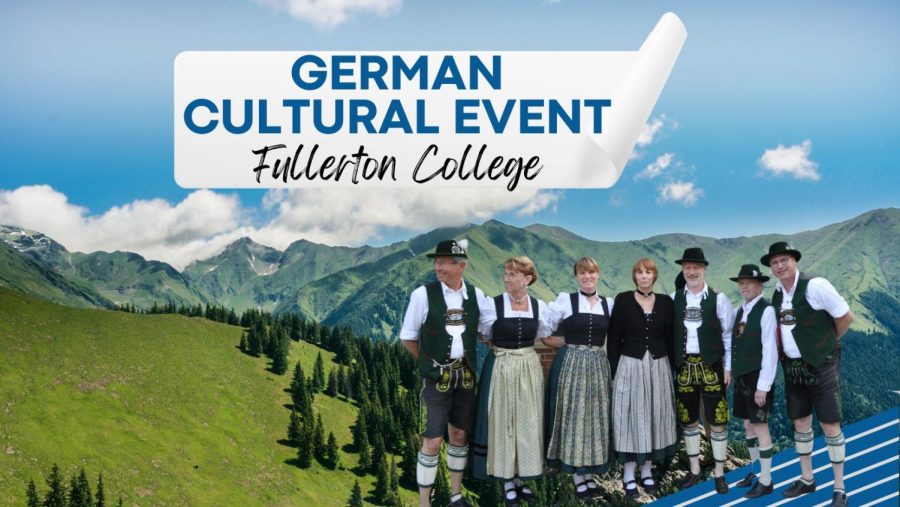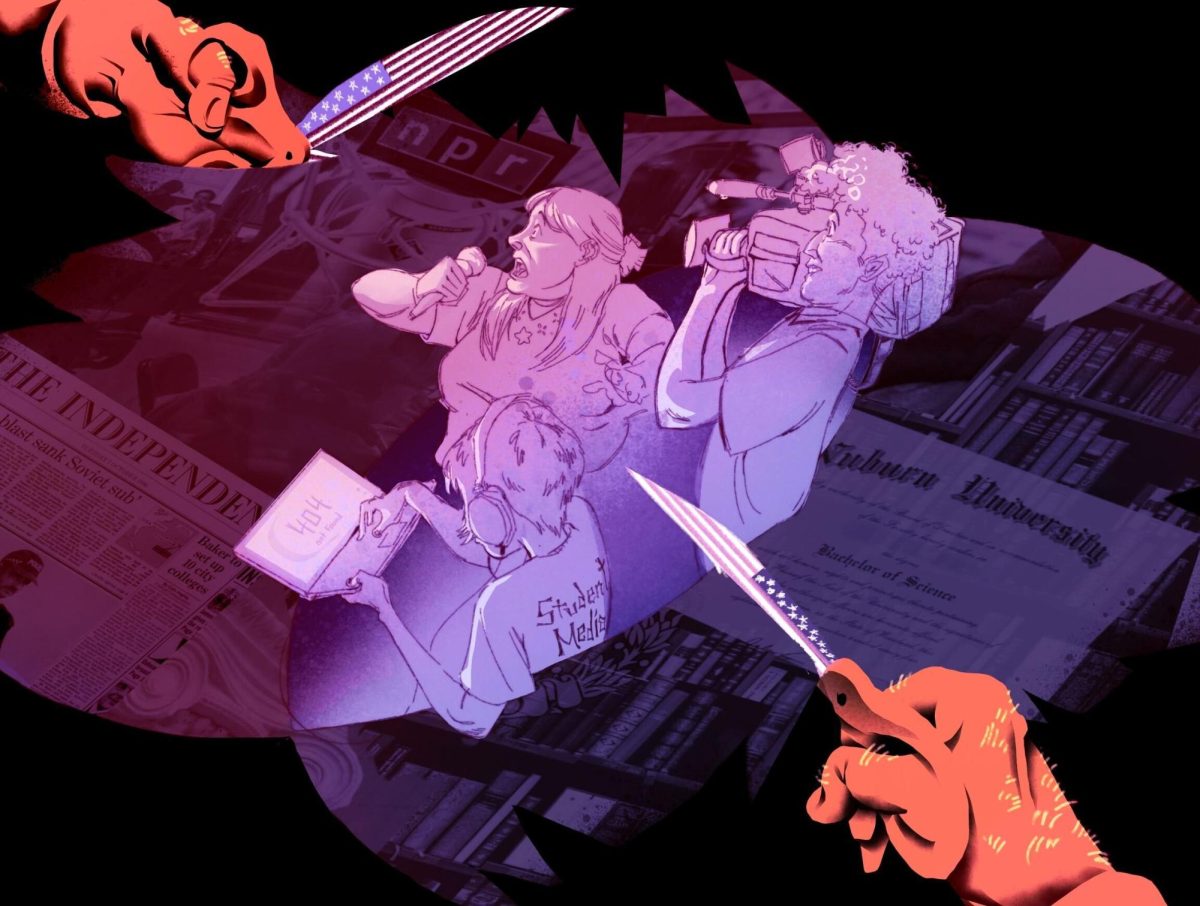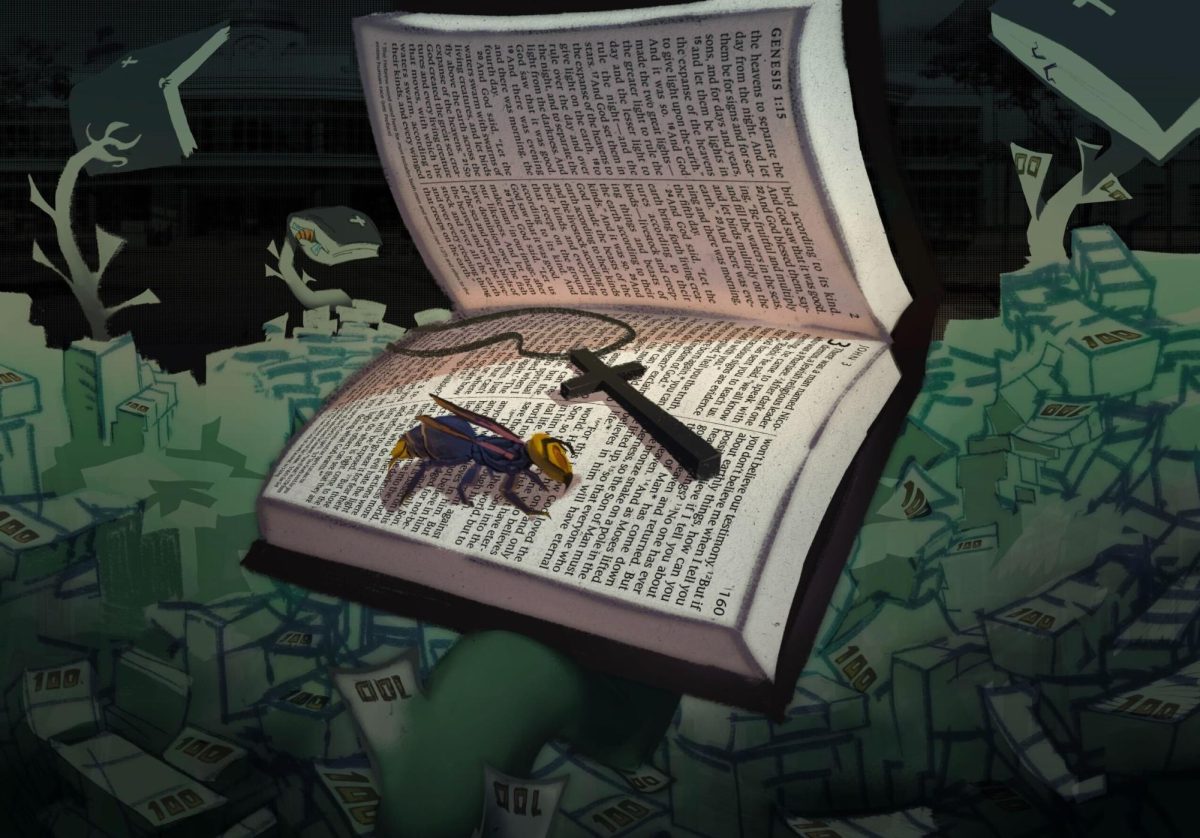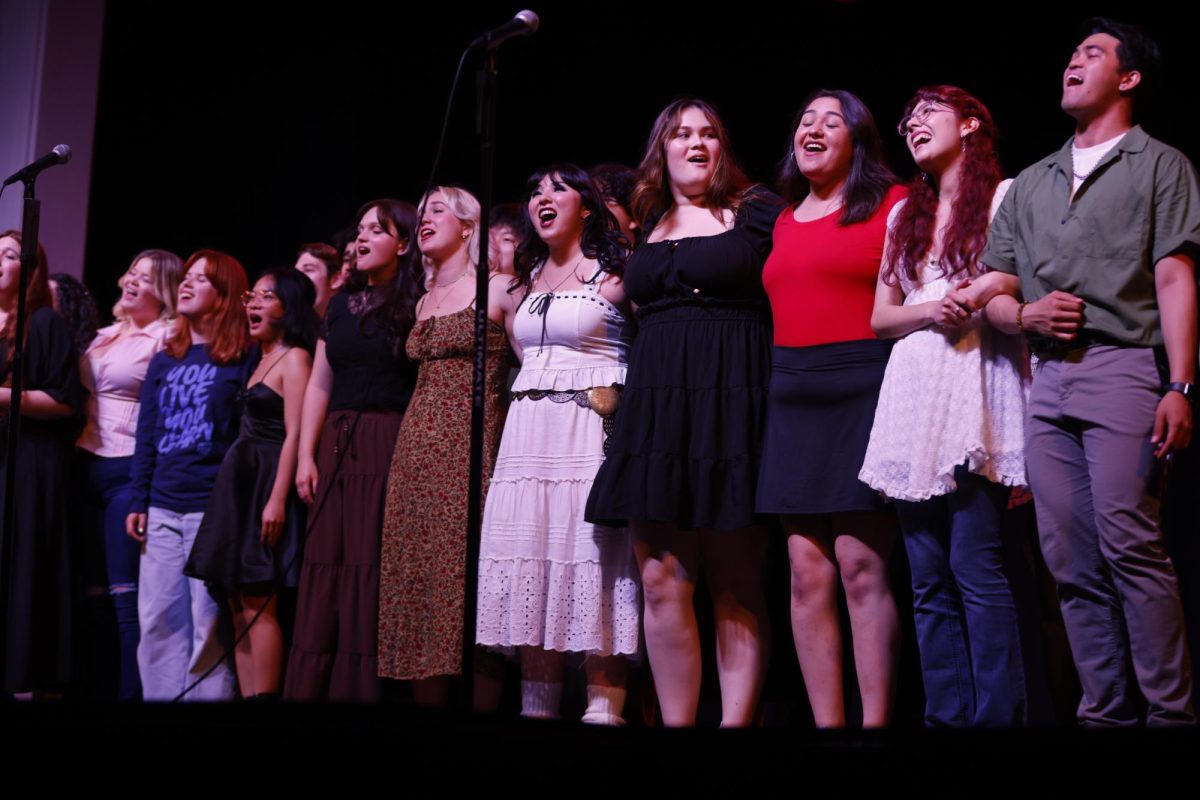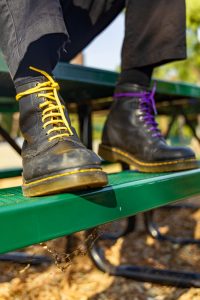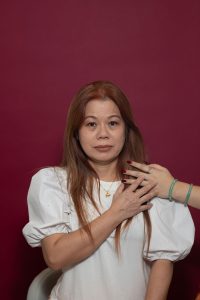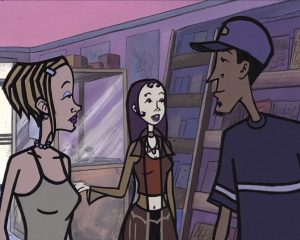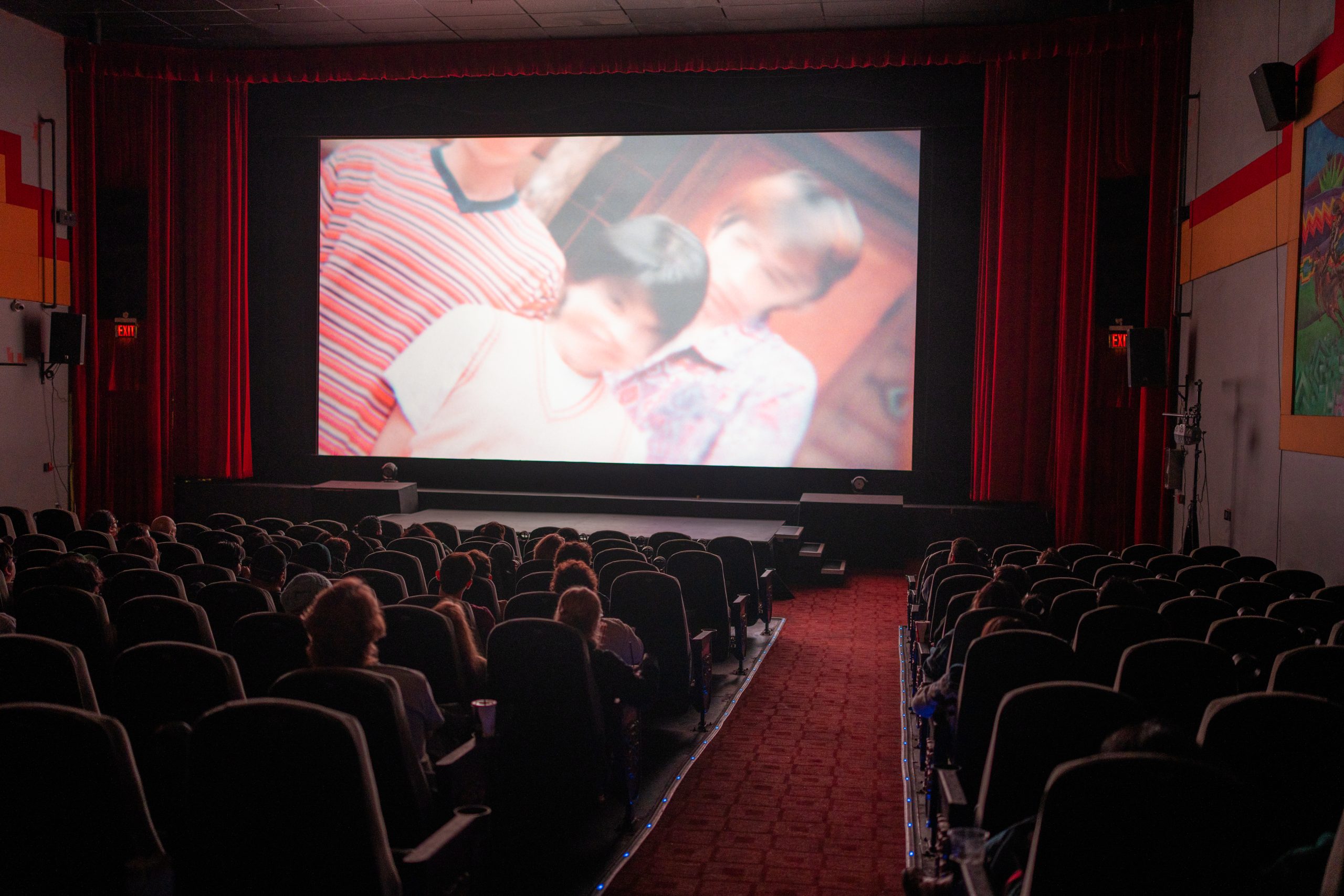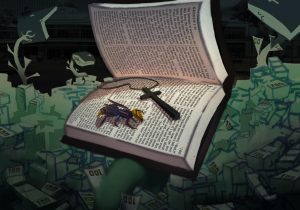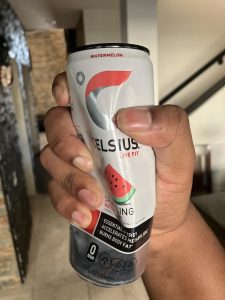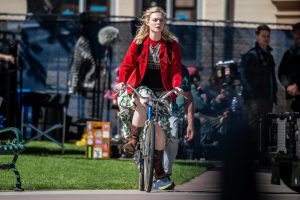German Cultural Event premieres at Fullerton College
April 22, 2023
On Wednesday, April 19, Fullerton College premiered its first festival dedicated to German Culture. In previous years, the French Film Festival shared its space with at least one German film along with a bit of its culture.
From here on, there will be a dedicated German Culture and Film Event that includes culture from Austria and Bavaria.
German professor and club advisor Klaus Hornell, clad in traditional Bavarian lederhosen, said this was to help give more attention to each event as well as to gain attention for the German language program.
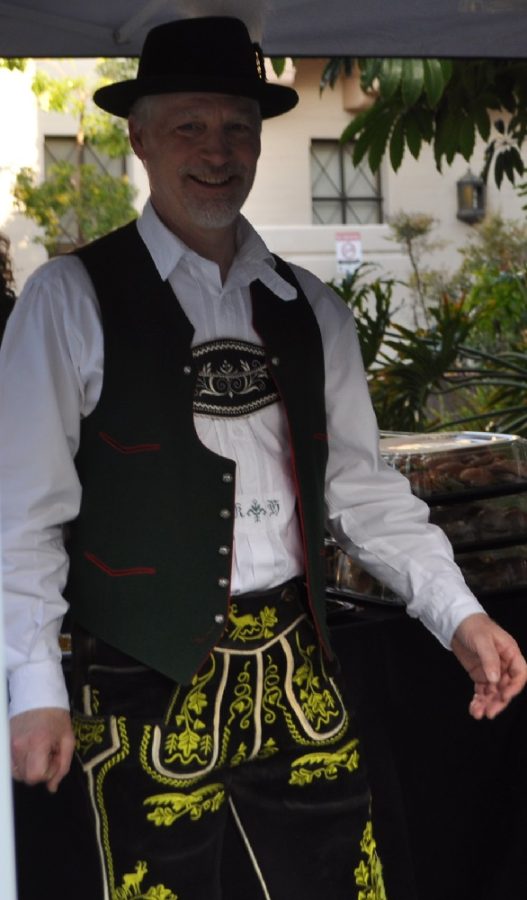
“Fullerton College is one of the few schools that continues to offer courses in this language. Look at this display of varied cultures. Look at all the fun that people are having,” he said. “I want to do more of that in the future. And of course, it’s really dependent on keeping that program afloat and getting a few more students.”
The bitter legacy of the Covid-19 restrictions still impacts some college programs which have not fully recovered the pre-pandemic enrollment numbers.
The festival opened with music and singing with songs such as “O du lieber Augustin” led by Christine Garner on accordion, along with her husband Jim on violin, and a keyboard player, a tuba player, and backup singers, including Madison, who later joined other students from the opera program in selections from German language operas.
Music professor Aram Barsamian introduced the singers, explaining the meaning of each song.
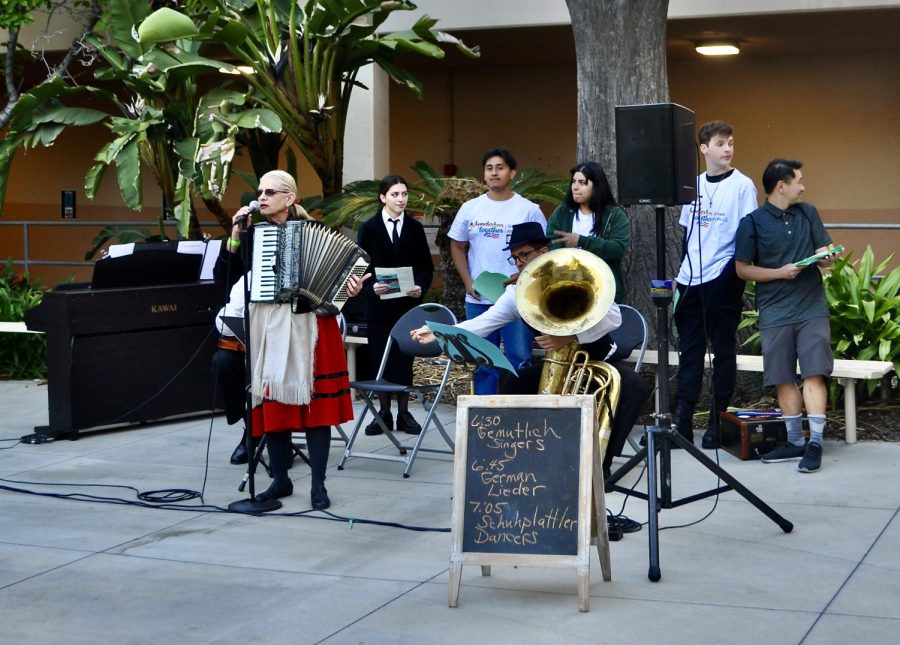
The highlight of the festival was the performance by a dance troupe, led by Professor Hornell.
The troupe demonstrated making music by hitting wooden spoons against their hands, and another dance where a woman struck an anvil while the men danced, and the women twirled their skirts. They performed several dances in traditional costume: men in lederhosen, women in dirndls with swinging skirts.
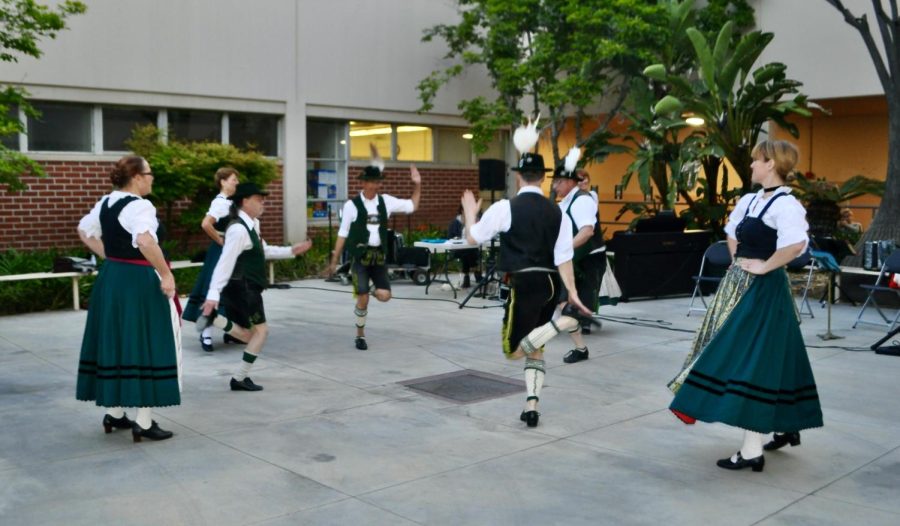
The Ländler is a partner dance that involves hopping, stomping, and yodeling.
The men dancing a Schuhplattler clap, stomp, and strike the soles of their shoes (Schuhe), thighs, and knees with their hands held flat (platt). Hence the name “Schuhplattler.”
The troupe invited members of the audience to come onstage and learn the dance.
Married couple Rudy and Kathy Leschke have been members of the dancing group since 1999. They had belonged to one back in New York, prior to moving here.
“We love dancing. That’s how we met each other. We’ve been dancing for a lot of years together,” said Kathy. “There’s a lot of fun things to do, wherever you go in this country, there’s a group to join up with. It’s kind of one big family.”
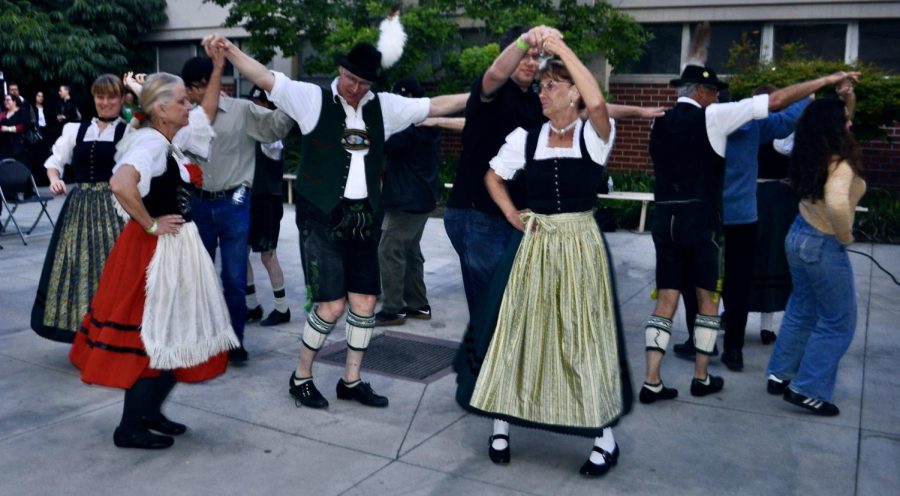
Rudy agreed, saying “It’s more than just dancing. It’s the tradition, the language.” The culture itself was their drawing card to this club: “I’m Bavarian and she’s Austrian,” he said.
Also in attendance were representatives of the Koroneburg Renaissance Festival, one of the only permanently-built Renaissance Faires in Southern California.
The festival, located in Corona, California “was established by a baron who was a great brewer of beer,” said Lois Tunnell, owner of Chapman’s Bookshop within the Festival grounds.
The festival has groups representing many European countries, she said. “We have a Spanish group, some English, Scottish, Celtic, and two German groups. It is just a wonderful folk festival of fun, with lots of shows. We have a battle pageant with jousting.”
She was accompanied by her husband of 22 years, Glen Tunnell, whom she met at a festival like this, along with Ann Smith and Brenda Trujillo. They were all clad in homemade Renaissance costumes.
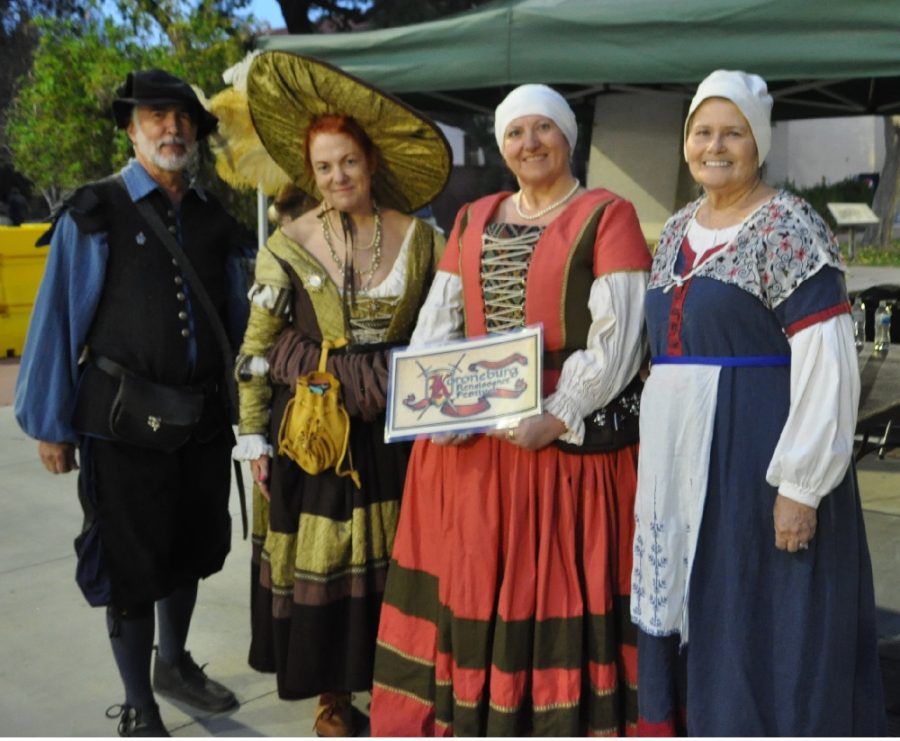
Everyone is welcome to participate in the festival, even without a costume. “You’d still be in character,” said Glen. “We’re all characters there!”
Some people eschew traditional garb for that of superhero and sci-fi genres: “Once in a while we are invaded by Storm Troopers and Darth Vader. They stick out like a sore thumb because we are traditional,” said Lois.
The evening wrapped up with the feature film, in the Campus Theater.
“The Silent Revolution” set in 1956, is based on the true story of students from East Germany who defied authorities by observing a moment of silence for Hungarian protestors, who had been killed by the Soviet troops, who then controlled much of Eastern Europe.
The students were penalized for this act by the authorities demanding that they name the student who had instigated it, but they refused in a show of solidarity reminiscent of the climactic scene in the film Spartacus.
The students were all expelled not just from that school but were barred from education anywhere in the nation. All except four of these students later escaped to West Germany where they graduated and pursued a life in a free country.
The next German Cultural and Film Festival is scheduled for Fall 2024, to coincide with Oktoberfest.

